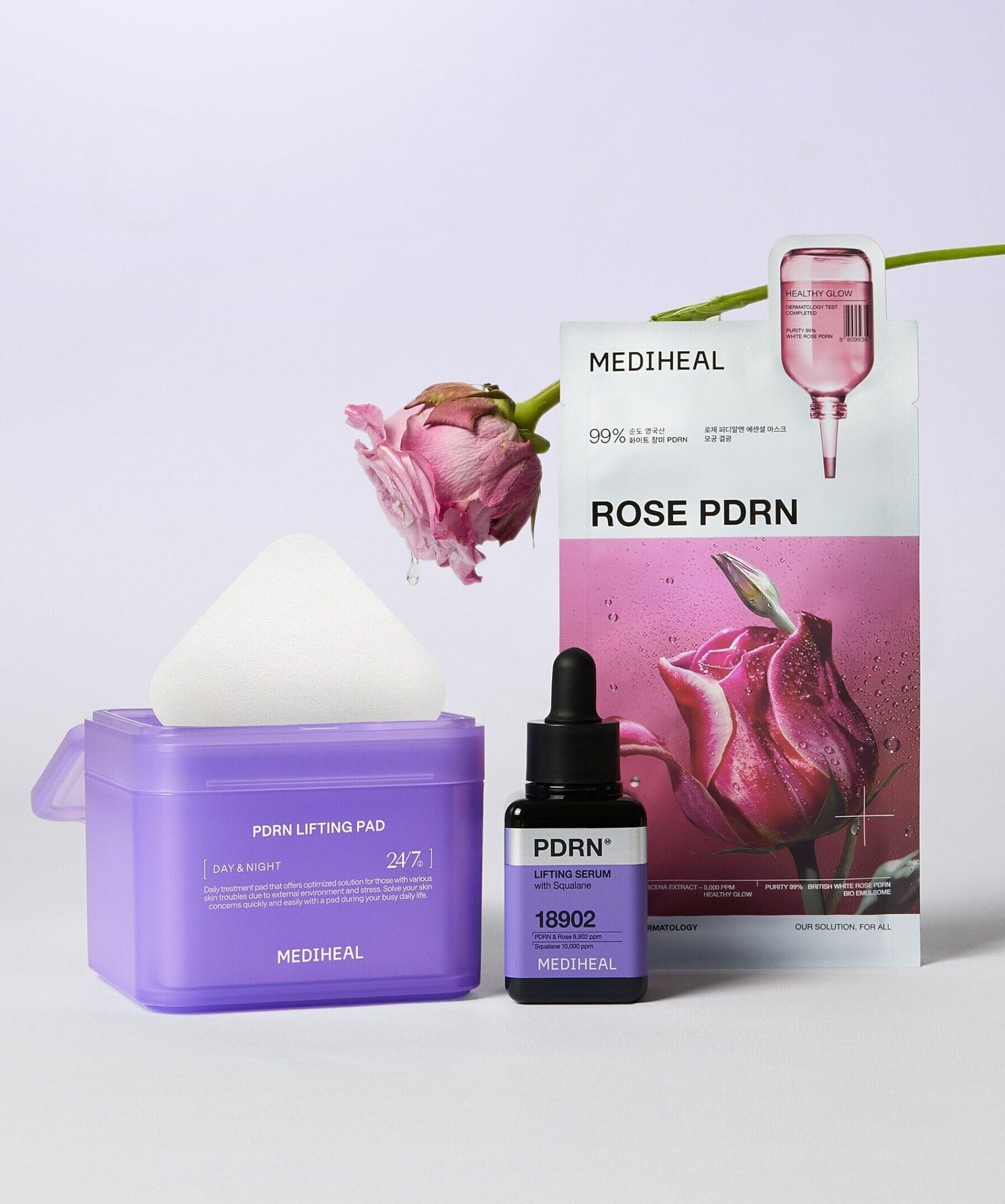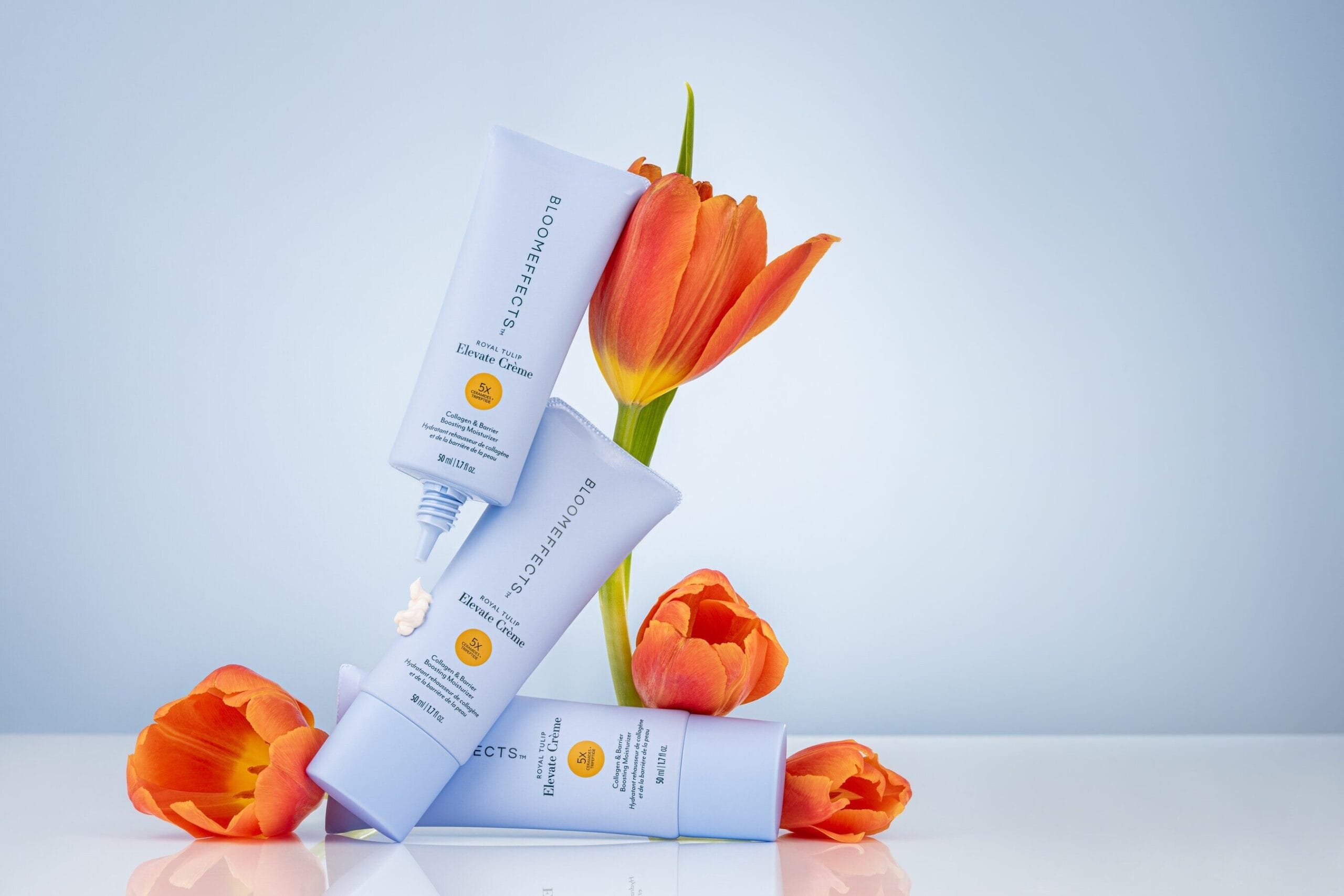Kenvue Inc. the former Johnson & Johnson consumer unit, has reached a settlement in a headline-making class action lawsuit filed in New Jersey federal court over its Neutrogena Skin360 app, closing a significant chapter in the evolving debate over facial recognition and biometric data in the beauty industry.
Background of How Neutrogena Skin360 Landed in Court
On May 26, 2022, plaintiff Helene Melzer filed a class action lawsuit against Johnson & Johnson Consumer Inc. (J&J), alleging violations of the Illinois Biometric Information Privacy Act (BIPA). The complaint centered around the popular Neutrogena Skin360 app, which provides users with a personalized at-home skin assessment by asking them to complete a 180-degree facial scan via smartphone. The app’s software analyzes skin health, generates a Skin360 score, and offers product recommendations—all using AI and a database of thousands of skin images.
What made the suit particularly alarming to privacy advocates was the claim that Neutrogena Skin360 not only scanned users’ faces but linked that biometric data to other personally identifying information, including names, birth dates, email addresses, sleep and exercise habits, stress levels, and location—all without the user’s explicit consent.
The Legal Arguments and the Court’s Stand
J&J initially sought to have the case dismissed on the grounds that Skin360 constituted a healthcare tool—and was thus exempt from BIPA’s requirements. But in March 2025, U.S. District Judge Michael Shipp denied this motion, ruling that Skin360 users were not “patients” in a healthcare setting. Judge Shipp wrote:
Skin360 tool provides assessments using AI and a database of images, with no medical professionals involved… Even assuming Skin360 provides users with this Al assistant and ‘science-backed information’, the court finds it a reach to consider these services ‘medical care’ under BIPA’s healthcare exemption.
This crucial decision paved the way for a class action trial, making it clear that AI-driven consumer beauty apps are not entitled to special healthcare exemptions under BIPA.
Privacy Risks and Consumer Harm
The class action highlighted growing worries about consumer privacy in the age of AI and biometric analysis. Plaintiffs argued that J&J breached BIPA by failing to clearly notify users that their scans and sensitive details were being collected, stored, linked, and potentially processed for AI model improvement and product recommendation algorithms. The lawsuit emphasized:
“Defendant’s violations of BIPA injured plaintiff and the class members, who lost the power and ability to make informed choices about defendant’s collection, storage and use of their highly sensitive biometric information.”
The BIPA statute itself was passed in Illinois in 2008 specifically to address such concerns by requiring companies to fully inform users in writing, specify retention periods, and obtain written consent before any biometric data collection. Statutory damages can reach $5,000 per violation.
The Settlement and What Happens Next
By August 2025, an agreement in principle was reached between the parties, prompting Judge Michael Shipp to order the case closed within 60 days. However, the terms and benefits of the settlement have not been finalized or made public. Details regarding monetary awards, data deletion, changes to app functionality, or other injunctive relief will be shared once the court formally approves the settlement and claim procedures are announced.
Consumers interested in making a claim or following the case are advised to sign up for alerts from privacy and legal news sources, including TopClassActions.com.
Broader Industry Impact
This case marks a watershed for the beauty, tech, and digital health industries. It reinforces that BIPA—considered one of the strictest biometric privacy laws in the U.S.—has teeth, and that healthcare arguments won’t shield commercial apps from scrutiny just because they reference science or wellness. Melzer v. Johnson & Johnson Consumer Inc., Case No. 3:22-cv-03149, in the U.S. District Court for the District of New Jersey will be cited by privacy advocates and lawyers as a limit-setting precedent.
Other big brands, including L’Oréal, Living Proof, and Lemonade, have faced similar lawsuits in recent years. Each settlement puts greater pressure on companies to implement robust, transparent, and consumer-friendly privacy protocols before launching or updating any biometric or AI-powered app or tool.
Legal Representation
Plaintiff Helene Melzer was represented by Matthew R. Mendelsohn of Mazie Slater Katz & Freeman LLC; Grace E. Parasmo and Yitzchak H. Lieberman of Parasmo Lieberman Law; and Allen Schwartz of the Law Office of Allen Schwartz.
Final Thoughts
The Neutrogena Skin360 BIPA lawsuit and settlement serve as a stark reminder: collecting biometric information means companies must take the privacy of their users seriously—or face intense legal and reputational risk. Digital beauty apps, even those offering innovative features, must strike a new balance between convenience and consumer trust, using explicit consent and data transparency as their foundation.

















